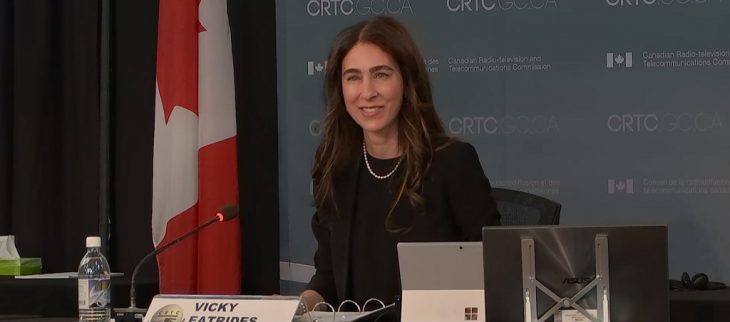
OTTAWA – The CRTC announced Thursday its game plan to implement legislation that would force large technology platforms to compensate news publishers if they want to continue to link to their content.
The regulator will essentially embark on creating the regulatory backstop needed to catch any mandatory commercial negotiations between platforms and news publishers that fall through.
As such, in the same way it announced how it would tackle the Online Streaming Act, the CRTC said it will first launch a public consultation this fall to gather comments.
At this point, it will also issue a call for proposals for an independent auditor, who will prepare an annual report on the impact of the legislation on the digital news landscape.
Starting next summer, the regulator will recruit independent arbitrators, consider applications for eligibility from news organizations and collect information. It will also publish the framework and code of conduct that provide guidance for negotiations that summer.
Finally, by late 2024 or early 2025, mandatory bargaining can begin.
The legislation, also known as C-18 and which became law in June, will take effect within the next few months – much sooner than the end timeframe laid out by the CRTC.
Facebook and Instagram parent company Meta already announced earlier this month that it has begun blocking news content in Canada to avoid having to pay for links. Google has been relatively quiet on what it plans to do.
Meanwhile, a number of news owners and broadcasters have been calling for a boycott of Meta in response to its blocking. The federal government, Bell, Quebecor, Cogeco, CBC, PostMedia, Toronto Star owner TorStar, and Corus have all announced they were suspending adverting on the company’s platforms.
The Competition Bureau has also been called to look into the competition aspect of the news blocking.
Screenshot of CRTC chair Vicky Eatrides.



